The UK government has this afternoon announced a deferral to the introduction of veterinary certification and physical checks on goods of animal and plant origin coming into the UK from the EU.
The introduction date for veterinary certification has been moved from 1 April 2021 to 1 October 2021, while physical inspections will now commence on 1 January 2022 instead of 1 July 2021.
There have been several reports of infrastructure not being ready for the UK government to impose full sanitary and phytosanitary (SPS) controls on goods entering the UK from the EU.
Importers have also been lobbying hard and fears had been increasing about shortages in consumer goods sourced by UK retailers from EU suppliers, as Britain was beginning to reopen from COVID-19 shutdown in the second quarter of this year.
Deferred not cancelled
Britain is a major importer of fruit, vegetables, wine, chocolate and other delicatessen foods from EU countries, while the Republic of Ireland supplies over 200,000t of beef and over 300,000t of dairy products.
This announcement will be welcomed by Irish farmers and exporters, as there was growing concern about the introduction of controls at points of entry to Britain.
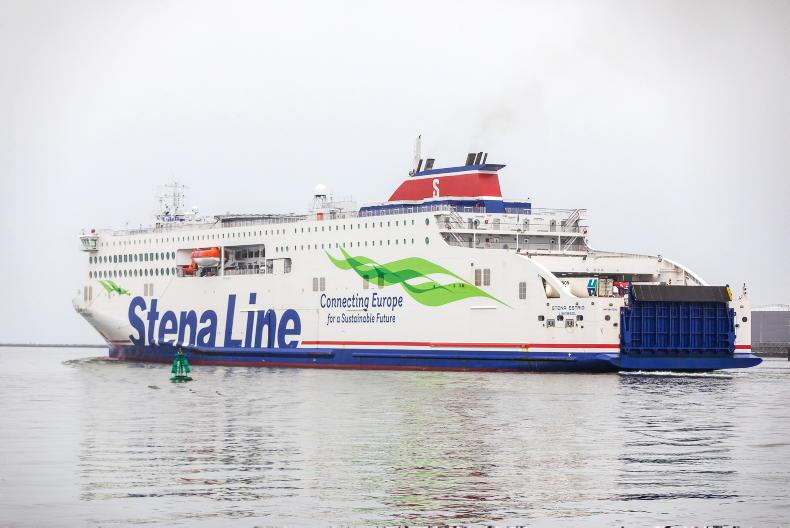
The delay in introducing checks by the UK is welcome news for Irish farmers and exporters. \ Philip Doyle
This move follows the announcement last week by the UK government that they were extending the grace period for introducing checks on goods entering the Northern Ireland (NI) retail supply chain coming from Britain.
However, the big difference is that while the UK is free to decide if and when it introduces checks on goods coming into the UK, the checks on goods entering NI from Britain are governed by the protocol agreed between the EU and UK.
Therefore, for compliance with the protocol, an extension of the grace period needed EU agreement rather than a UK declaration and this has led to a further spat between the EU and UK.
Opportunity to develop a settled position
While this announcement is welcome, it defers the problem rather than solves it.
However, it creates a window of opportunity for the UK and EU to use the technical committee and partnership council to explore if a wider veterinary agreement could be reached that would reduce or, better still, eliminate the need for imposition of SPS controls on trade between the UK and EU in the longer term.
Models such as the arrangement between the EU and Switzerland have been suggested as an option.
This would find favour with UK farmers and the food industry and there have been indications that DEFRA Minister George Eustace and NI Minister Edwin Poots were also amenable to this.
If that agreement could be reached, at a stroke it would remove the difficulties for trade in animal and plant products both ways between the EU and UK and give effect to the NI protocol in a way that was consistent with what prevailed in the rest of the UK.
IFA president addresses NI Committee in Westminster
The announcement on the extensions came as IFA president Tim Cullinan was addressing the Northern Ireland committee in Westminster.
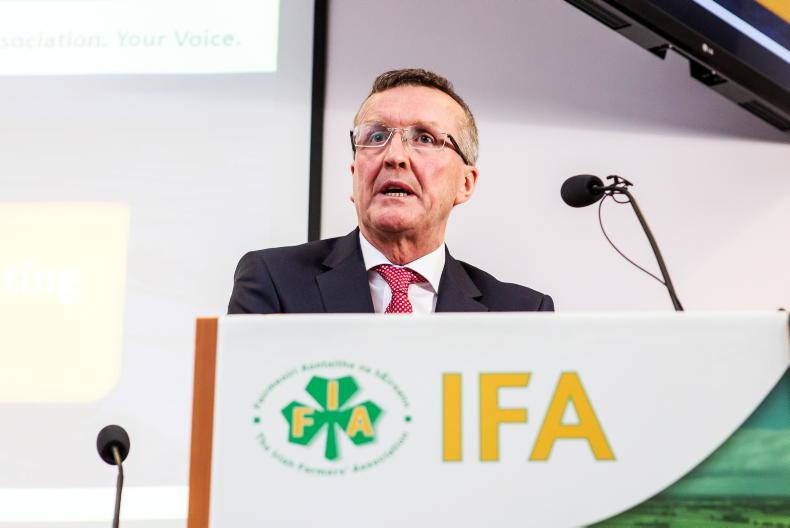
Speaking about the NI protocol, he said: “It’s vitally important in maintaining the all-island economy in the agri-food sector, which is particularly integrated in the border counties across all farming sectors.”
He also welcomed the extension, which he said gives much-needed market stability over the coming months and will be welcomed by both farmers and processors.
Read more
Brexit goods: Right outcome achieved the wrong way
The practical reality of the NI Protocol
Brexit transition UK-style
The UK government has this afternoon announced a deferral to the introduction of veterinary certification and physical checks on goods of animal and plant origin coming into the UK from the EU.
The introduction date for veterinary certification has been moved from 1 April 2021 to 1 October 2021, while physical inspections will now commence on 1 January 2022 instead of 1 July 2021.
There have been several reports of infrastructure not being ready for the UK government to impose full sanitary and phytosanitary (SPS) controls on goods entering the UK from the EU.
Importers have also been lobbying hard and fears had been increasing about shortages in consumer goods sourced by UK retailers from EU suppliers, as Britain was beginning to reopen from COVID-19 shutdown in the second quarter of this year.
Deferred not cancelled
Britain is a major importer of fruit, vegetables, wine, chocolate and other delicatessen foods from EU countries, while the Republic of Ireland supplies over 200,000t of beef and over 300,000t of dairy products.
This announcement will be welcomed by Irish farmers and exporters, as there was growing concern about the introduction of controls at points of entry to Britain.

The delay in introducing checks by the UK is welcome news for Irish farmers and exporters. \ Philip Doyle
This move follows the announcement last week by the UK government that they were extending the grace period for introducing checks on goods entering the Northern Ireland (NI) retail supply chain coming from Britain.
However, the big difference is that while the UK is free to decide if and when it introduces checks on goods coming into the UK, the checks on goods entering NI from Britain are governed by the protocol agreed between the EU and UK.
Therefore, for compliance with the protocol, an extension of the grace period needed EU agreement rather than a UK declaration and this has led to a further spat between the EU and UK.
Opportunity to develop a settled position
While this announcement is welcome, it defers the problem rather than solves it.
However, it creates a window of opportunity for the UK and EU to use the technical committee and partnership council to explore if a wider veterinary agreement could be reached that would reduce or, better still, eliminate the need for imposition of SPS controls on trade between the UK and EU in the longer term.
Models such as the arrangement between the EU and Switzerland have been suggested as an option.
This would find favour with UK farmers and the food industry and there have been indications that DEFRA Minister George Eustace and NI Minister Edwin Poots were also amenable to this.
If that agreement could be reached, at a stroke it would remove the difficulties for trade in animal and plant products both ways between the EU and UK and give effect to the NI protocol in a way that was consistent with what prevailed in the rest of the UK.
IFA president addresses NI Committee in Westminster
The announcement on the extensions came as IFA president Tim Cullinan was addressing the Northern Ireland committee in Westminster.

Speaking about the NI protocol, he said: “It’s vitally important in maintaining the all-island economy in the agri-food sector, which is particularly integrated in the border counties across all farming sectors.”
He also welcomed the extension, which he said gives much-needed market stability over the coming months and will be welcomed by both farmers and processors.
Read more
Brexit goods: Right outcome achieved the wrong way
The practical reality of the NI Protocol
Brexit transition UK-style






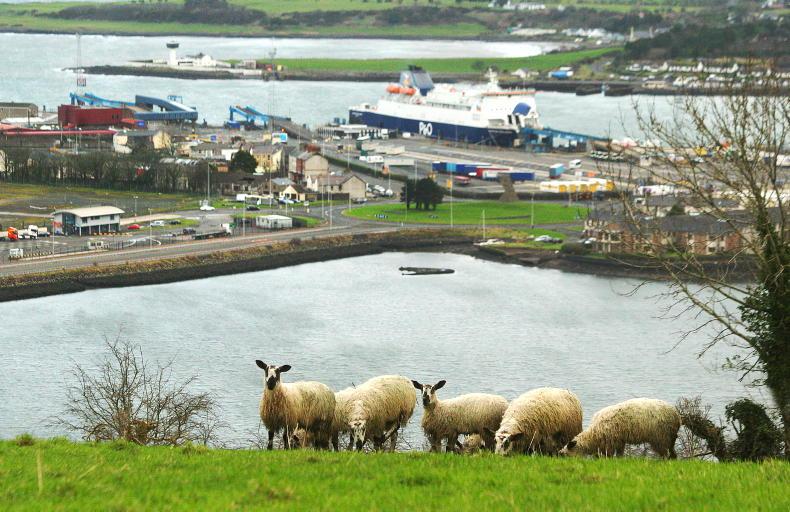


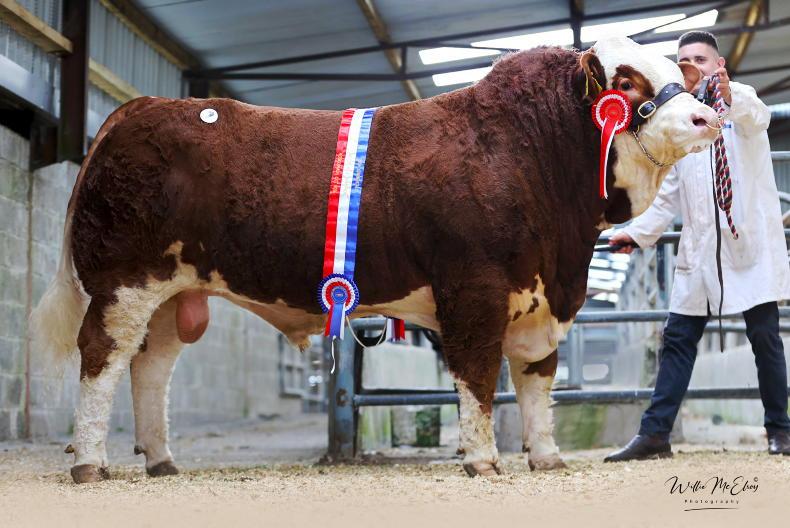
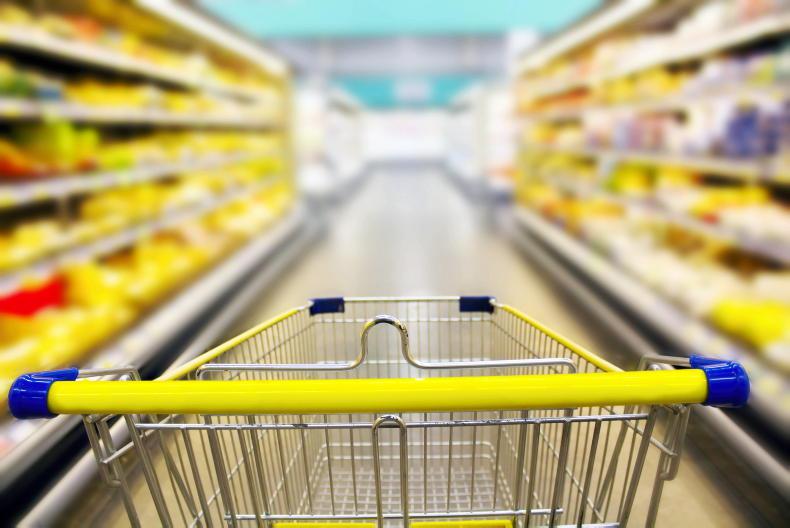
SHARING OPTIONS